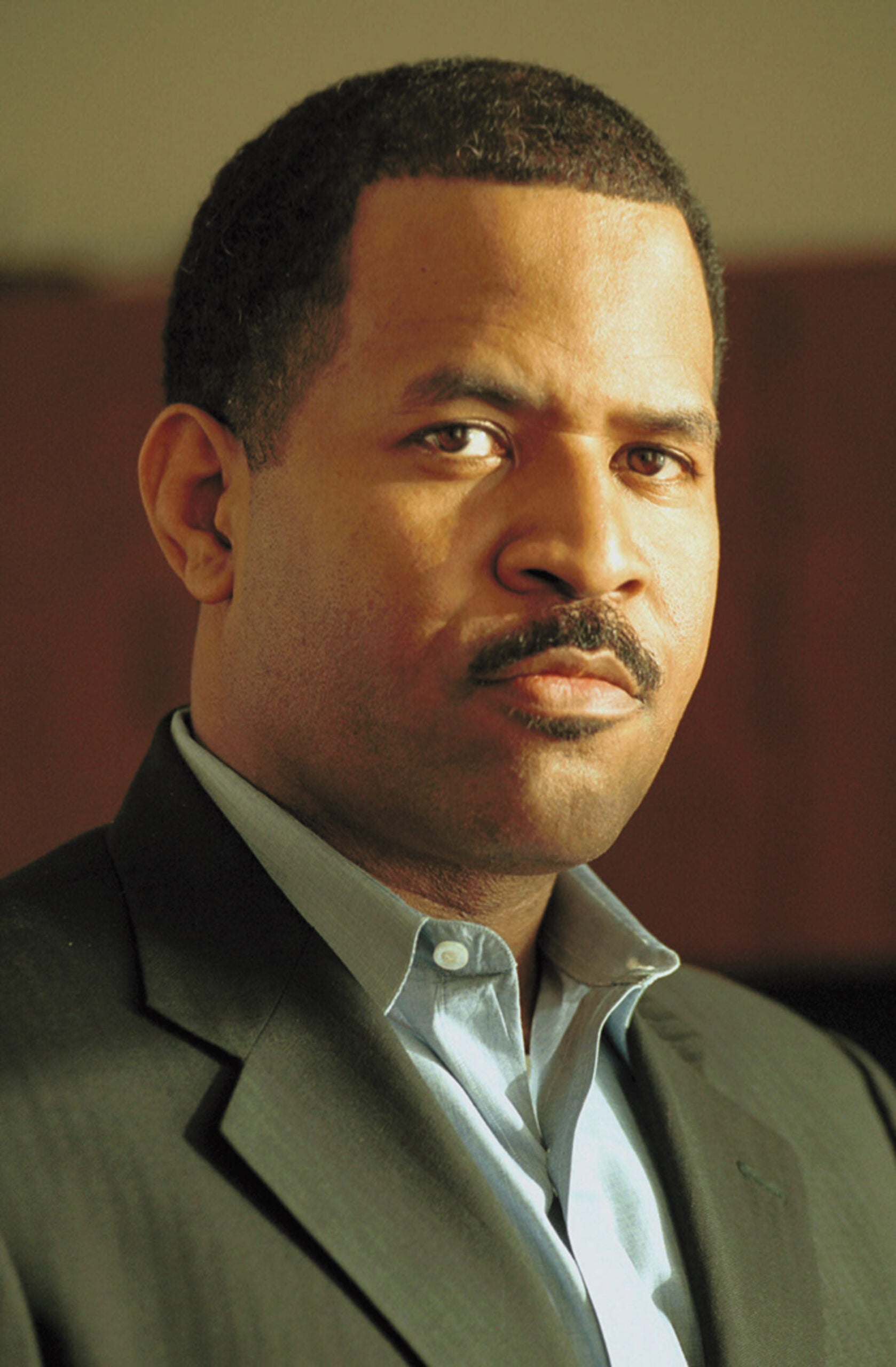Eugene Wade graduated from Morehouse College, Harvard Law School, and the University of Pennsylvania’s Wharton School. But he almost flunked out of high school. And that experience drove him to start his own charter school company, helping kids like himself–poor minority children in inner cities.
Growing up in the housing projects of Boston’s Roxbury neighborhood, Wade ’95 got the message early that teachers didn’t expect him to be smart. One teacher chastised him for reading when the class was supposed to be coloring.
“What that teacher did was what I call educational malpractice,” said Wade. “When the kids could be achieving, they’re coloring.”
Years later, in a high-school calculus class, his teacher looked right at him and said, “Some of you belong here, and some of you don’t.” For Wade, the message was clear: “You can’t be smart and be where I’m from. That part was communicated to me in no uncertain terms.”
A high-school leadership program called Project Reach, sponsored by Digital Equipment Corp., inspired him to study more, often six or seven hours a day, and his grades improved. The program helped him understand that “smart isn’t something you’re born with. It’s something you become.” Schools that label kids early as smart, average, or dumb are pulling a “Jedi mind trick,” Wade said. Children believe the label and become it. Even at HLS–where classes such as Lucie White’s (’81) Poverty Law helped him shape his vision for his company, LearnNow–students struggled unnecessarily, he said.
“People were devastated by the grading system,” he said. “There was a difference between a B minus and a B plus, but no one could tell you what it was.”
Wade started his company as a nonprofit while at HLS and incorporated LearnNow in 1998, funded with $4 million in venture capital from firms such as New Schools Venture Fund. LearnNow runs 11 schools in Chester, Pa.; New York City; Philadelphia; St. Paul, Minn.; and Washington, D.C. Students use computers every day–researching aquatic animals on the Internet after a sixth-grade trip to an aquarium, for example. High-school students must complete business internships before graduation.
Just as he was getting LearnNow rolling, he needed more funding. On June 5, he decided to sell his company to Edison Schools for 1.4 million shares of stock (worth about $36 million at the time) plus as much as $4 million that Edison will lend to help LearnNow fund operations until the deal closes. “Money is not unimportant,” said Wade. “But I feel like I’m doing what I was put here to do, which is to educate kids.”
Wade, who will be executive vice president at Edison, sees himself as carrying on a long civil rights tradition. Earlier generations struck down laws keeping the races “separate but equal.” The generation after that fought for equality in education and the workplace, Wade said.
“There is a dearth of institutions that people can go into and come out of ready for prime time,” he said. “My generation is going to build those institutions. This, to me, is a calling.”
